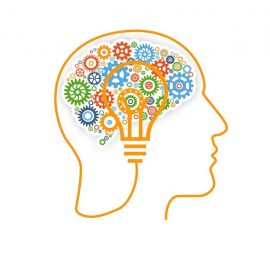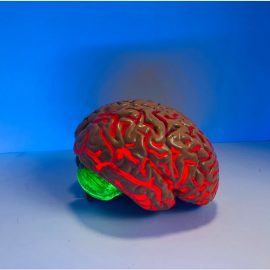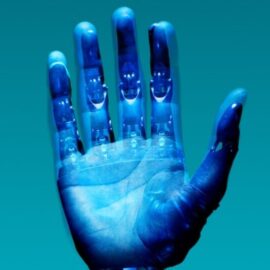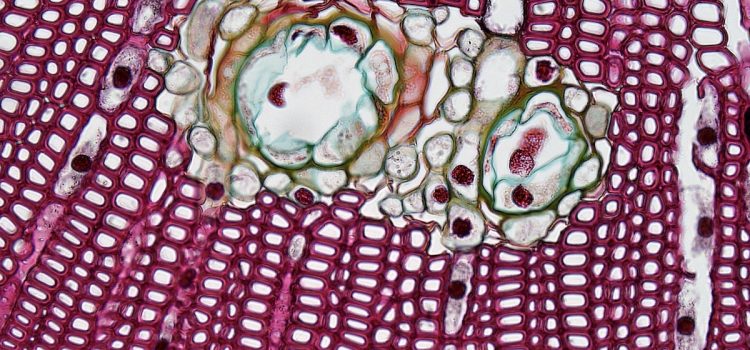
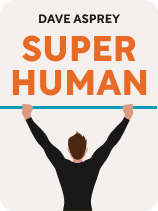
This article is an excerpt from the Shortform book guide to "Super Human" by Dave Asprey. Shortform has the world's best summaries and analyses of books you should be reading.
Like this article? Sign up for a free trial here.
What causes biological and cognitive deterioration? How do stem cell treatments work? Are they effective?
According to Dave Asprey, stem cell deficiency is something you should take seriously if you want to combat aging. In Super Human, he shares his advice for improving your health now while ensuring you live a longer, healthier, and more youthful life in the future.
Read more to learn about the connection between stem cell deficiency and aging, and find out what you can do about it.
Dave Asprey on Stem Cell Deficiency
According to Dave Asprey, stem cell deficiency is one cause of mitochondrial inefficiency. Mitochondria are responsible for replacing dead or dysfunctional cells with healthy ones. Asprey explains that mitochondria rely on stem cells to initiate the creation of all healthy replacement cells.
As you age, your stem cell reserves dwindle, slowing down the replacement of dead or dysfunctional cells with healthy ones. This causes tissues throughout your body to lose more cells than they can replace. According to Asprey, this tissue loss is a prime cause of age-related deterioration, resulting in symptoms such as cognitive decline (from the loss of brain tissue) and impaired healing abilities (from the loss of muscle tissue).
| Two Types of Stem Cells: Embryonic and Adult Research suggests that stem cell deficiencies are both the result of getting older chronologically and a prime cause of biological aging—because, as Asprey says, a stem cell deficiency leads to tissue loss that produces further cellular damage. The research also expands on the two different types of stem cells in the body: embryonic stem cells and adult stem cells. Embryonic stem cells are pluripotent, which means they have the potential to become any one of the 220 different cell types in the body. As such, they’re present during the body’s earliest stage of development during the zygote’s cell-division phase. Adult stem cells are multipotent, which means they have the potential to turn into a specific type of cell but are limited to specific regions of the body. For example, neural stem cells can become different kinds of brain cells but they can’t become heart cells. Adult stem cells arise once the embryo fully develops. |
Dave Asprey on Stem Cell Treatments
Asprey suggests that you can increase your stem cell count and prevent tissue damage by undertaking stem cell treatments. During these treatments, a practitioner extracts and processes healthy stem cells from your subcutaneous fat or bone marrow before reinjecting them into specific areas of your body that require healing. Asprey also recommends freezing healthy stem cells when you’re young so that you can benefit from them when you’re older.
| Why Stem Cell Treatments Don’t Always Work While stem cell treatments can boost your stem cell count and help regenerate damaged nerves, tissues, and organs, there are three factors that determine their effectiveness. The severity of your injury: Minor injuries are easier to heal than major ones. For example, a partial muscle tear requires fewer treatments to aid healing than a complete tear. Your current healthy stem cell count: Injected stem cells promote healing by encouraging existing healthy stem cells to multiply and create additional ones. The fewer healthy stem cells you have to start with, the less impact injected stem cells can have on your count—and the more treatments you’ll need before you can benefit from them. Your lifestyle: Unhealthy habits such as smoking or excessive alcohol consumption impact the effectiveness of stem cell treatments in two ways: First, they negate the quality of the stem cells extracted from your body—which means that these stem cells might not be healthy enough to reinject into your body. Second, they inhibit your body’s ability to recover and benefit from the treatments. |

———End of Preview———
Like what you just read? Read the rest of the world's best book summary and analysis of Dave Asprey's "Super Human" at Shortform.
Here's what you'll find in our full Super Human summary:
- How to grow older without the negative side effects
- A look into the advancements of anti-aging science
- Why a healthy future starts with making changes now

